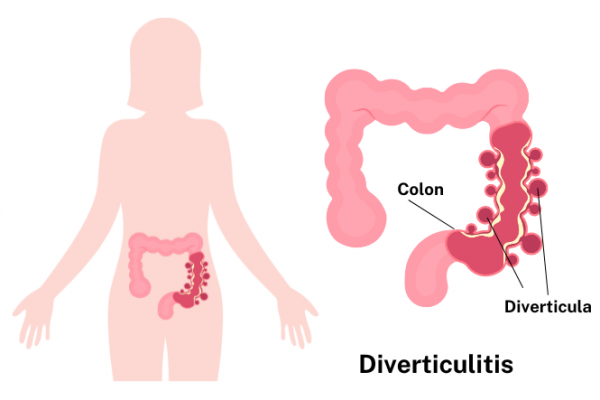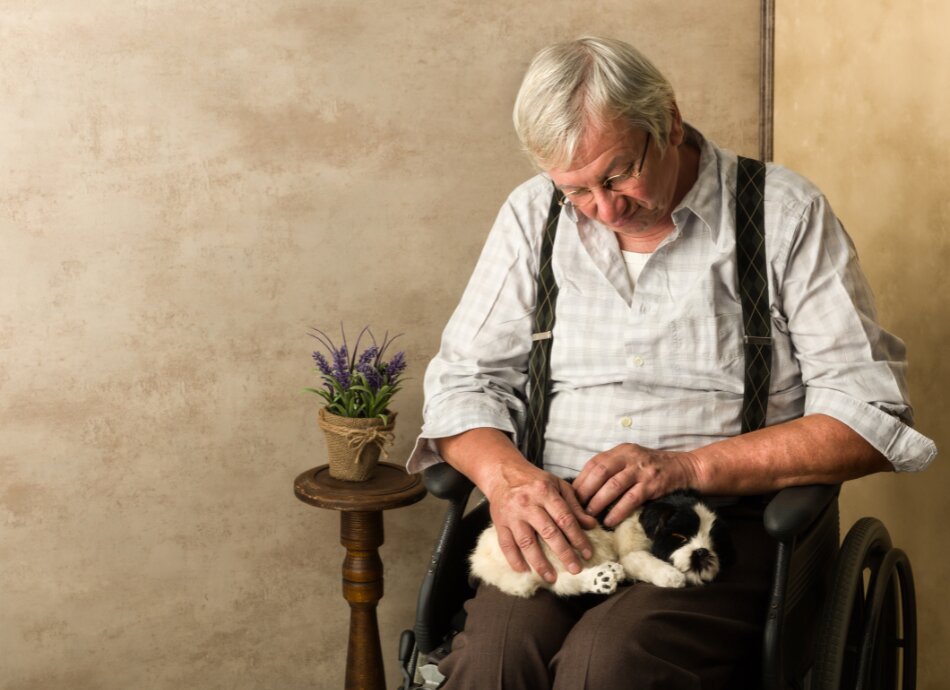Diverticulosis
Treatment for diverticular disease depends on how severe your symptoms are.
People with bowel pouches, which haven't become inflamed, generally only require a change in diet to improve their condition. The diet must include good quantities of roughage. At least 5 servings of fruit and vegetables a day should be eaten (a serving is roughly the size of your cupped hand). Fibrous fruits such as apples and pears are best, along with fresh fruits, vegetables and whole grain cereals.
Increasing the fibre in your diet may cause wind and abdominal pain for a few weeks. This is caused by the bowel adjusting to the change in eating habits. Increase the fibre gradually to minimise this problem.
It can be helpful to visit a dietitian after being diagnosed with diverticular disease to go through what foods are best for you.
Diverticulitis
When the bowel pouches have become inflamed (diverticulitis), treatment is aimed at resting your bowel, relieving pain and fighting infection. At this stage, a low-fibre, or fluid only diet, is recommended to rest your bowel.
- On a low-fibre diet, it's important to prevent constipation and laxatives are prescribed to do this.
- Bowel spasms can be painful when the pouches are inflamed – painkillers or anti-spasmodic tablets are prescribed to help.
- In many cases, uncomplicated diverticulitis is caused by inflammation rather than infection. Therefore antibiotics are sometimes not needed if you don't have a fever or blood tests suggesting you have an infection. If your healthcare provider suspects infection, antibiotics are usually prescribed and can often be taken at home. However, sometimes you may need to go to hospital if you're very unwell or your symptoms aren't getting better.
rarely, surgery needs to be performed to remove affected parts of the bowel.
Probiotics
Although more research is needed, research suggests probiotics may help treat the symptoms of diverticulosis, prevent the onset of diverticulitis, and reduce the chance of recurrent symptoms. Probiotics are live bacteria, like those normally found in your gastrointestinal tract (GI tract). Probiotics can be found in dietary supplements – in capsules, tablets, and powders – and in some foods, eg, yoghurt.







